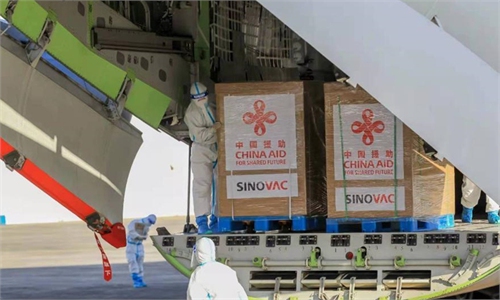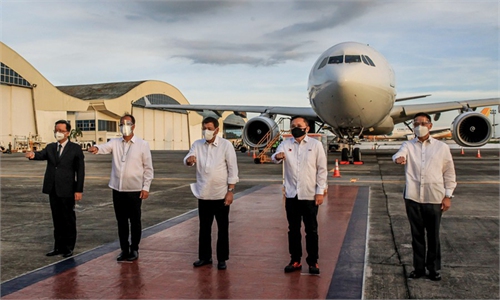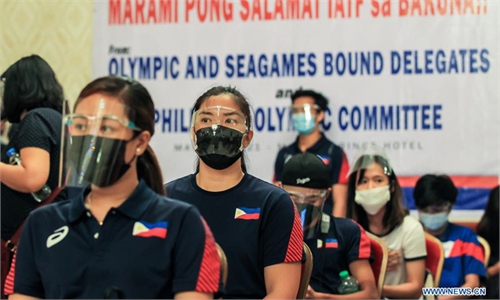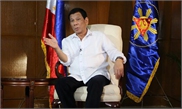China will continue to provide COVID-19 vaccines and anti-pandemic supplies to the Philippines: Chinese FM
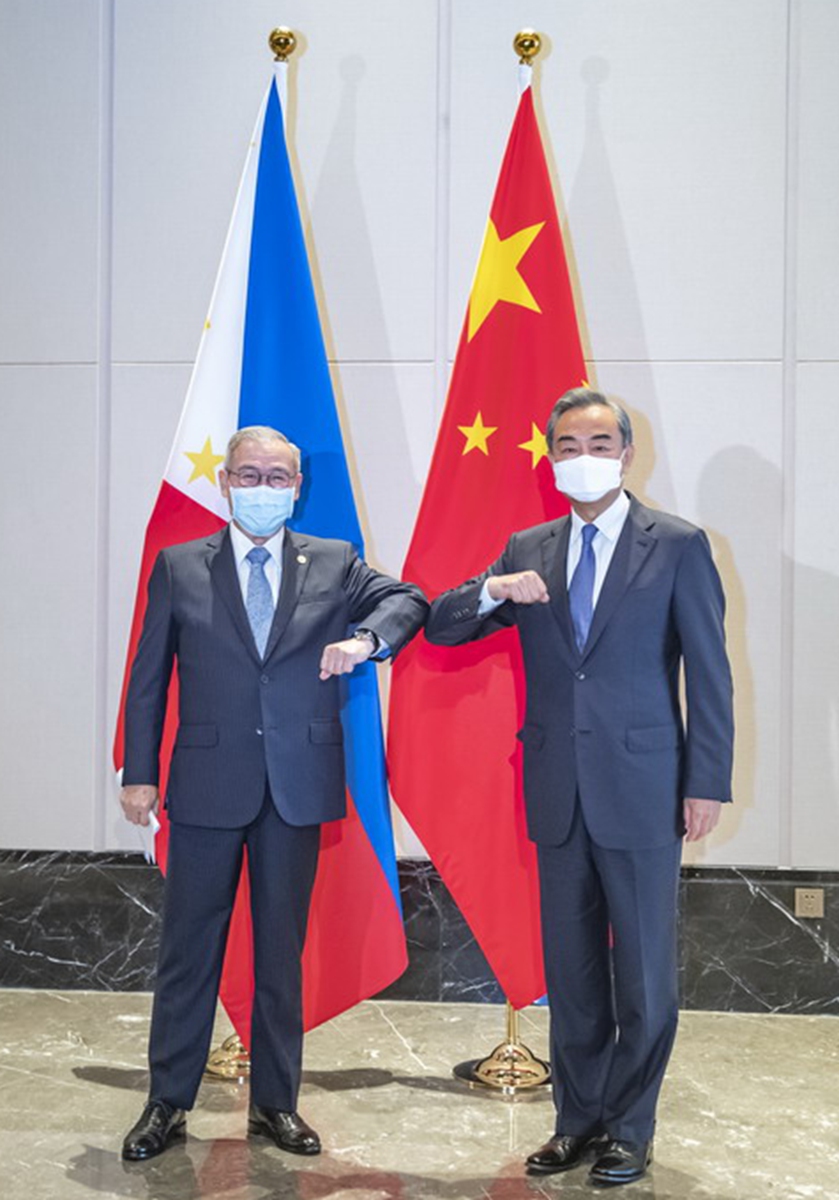
Chinese State Councilor and Foreign Minister Wang Yi (right) meets with Philippine Foreign Affairs Secretary Teodoro Locsin in Chongqing on June 7, 2021. Photo: fmprc.gov.cn
China will continue to provide COVID-19 vaccines and other anti-pandemic supplies to the Philippines, according its needs, to help the country weather the pandemic as soon as possible, Chinese State Councilor and Foreign Minister Wang Yi said during a meeting with his Philippine counterpart on Monday.
Analysts said the friendly atmosphere between two foreign ministers showed that Manila has realized that cooperation with Beijing can meet its urgent needs to develop its economy, fight against the pandemic and achieve regional stability.
Wang made the remarks on Monday when meeting his Philippine counterpart Teodoro Locsin, at the Special ASEAN-China Foreign Ministers' Meeting in Celebration of the 30th Anniversary of Dialogue Relations and the sixth Lancang-Mekong Cooperation (LMC) Foreign Ministers' Meeting in Chongqing.
Stressing that the pragmatic cooperation between the two countries share strong momentum which can help Manila out of the development dilemma under pandemic, Wang also suggested that both sides should maintain this positive trend.
Wang also admitted that bilateral ties have encountered certain difficulties and challenges. He urged both sides not to be swayed by words and deeds that seek to sabotage bilateral beneficial cooperation. "China's cooperation with the Philippines never attaches political conditions or any traps," said Wang.
The remarks by the foreign minister came after Beijing and Manila had a previous bickering over the South China Sea issue when Locsin demanded, in a Twitter message laced with profanities, that China's vessels must get out of the disputed waters. Beijing later called Locsin's behavior as "megaphone diplomacy" and asked for "basic manners."
In several tweets over the subsequent days, Locsin apologized to Wang and said he was "provoked by the latest grossest territorial violation."
During his meeting with Wang on Monday, Locsin also expressed gratitude to China for providing anti-pandemic supplies. There's no trap in cooperation between China and the Philippines, said Locsin, noting that the disputes from both sides on the South China Sea should not stand in the way of growing friendship or affect concrete bilateral cooperation.
Philippines is willing to maintain negotiations with China in a more friendly and effective manner, said Locsin.
The meeting has shown that Philippine leaders have realized that cooperation with China can satisfy its most urgent needs to develop the economy and fight against the pandemic, among other issues, which the US has failed to address, Li Haidong, professor at the Institute of International Relations of the China Foreign Affairs University, told the Global Times on Monday.
Li also noted that both China and Philippines dealt with the dispute in a calm and rationale manner. This shows that both sides have reached consensus on maintaining stability and prosperity between China and ASEAN countries, and maintaining this bond unaffected by a country outside the region, such as the US, is the norm.
